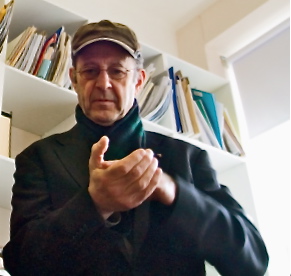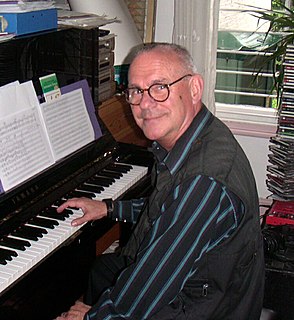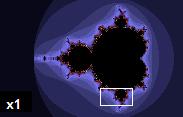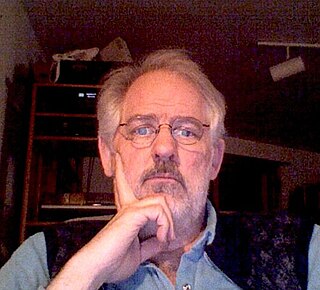This article needs additional citations for verification .(July 2014) (Learn how and when to remove this template message) |
Systems music is music with sound continua which evolve gradually, often over very long periods of time ( Sutherland 1994 , 172). Historically, the American minimalists Steve Reich, La Monte Young and Philip Glass are considered the principal proponents of this compositional approach.[ citation needed ] Works by this group of composers are often characterized by features such as stasis or repetitiveness.

Stephen Michael Reich is an American composer who, along with La Monte Young, Terry Riley, and Philip Glass, pioneered minimal music in the mid to late 1960s.
La Monte Thornton Young is an American avant-garde composer, musician, and artist generally recognized as the first minimalist composer. His works are cited as prominent examples of post-war experimental and contemporary music, and were tied to New York's downtown music and Fluxus art scenes. Young is perhaps best known for his pioneering work in Western drone music, prominently explored in the 1960s with the experimental music collective the Theatre of Eternal Music. He has engaged in musical and multimedia collaborations with a wide range of artists, including Tony Conrad, Pandit Pran Nath, John Cale, Terry Riley, and multimedia artist Marian Zazeela, with whom he developed the Dream House sound and light environment.

Philip Glass is an American composer. He is widely regarded as one of the most influential musicians of the late 20th century. Glass's work has been described as minimal music, having similar qualities to other "minimalist" composers such as La Monte Young, Steve Reich, and Terry Riley. Glass describes himself as a composer of "music with repetitive structures", which he has helped evolve stylistically.
A number of English experimental composers have also developed systems based music particularly Michael Parsons, Howard Skempton, John White, and Michael Nyman ( Sutherland 1994 , 183).
Michael Edward Parsons is a British composer. Since the 1960s, when he met Cornelius Cardew and helped found the Scratch Orchestra, Parsons has been strongly associated with the English school of experimental music. He was born in Bolton and studied at St John's College, Oxford before taking up composition lessons under Peter Racine Fricker at the Royal College of Music in London in 1961. In the 1960s he met Cornelius Cardew; Parsons attended Cardew's experimental music classes at Morley College since 1968. In 1969 Cardew, Parsons and fellow composer Howard Skempton founded the Scratch Orchestra, an experimental free ensemble devoted to performing contemporary music. The Orchestra broke up in early 1970s, partly as a result of the politization led by Cardew. Parsons was among the Orchestra members who refused to be associated with the Maoist politics Cardew was propagating, and left. In 1970 Parsons started working as visiting lecturer in the Fine Art department of the Portsmouth Polytechnic and in the Slade School of Art, University College London. In 1974 he and Skempton formed a duo to perform their own works. In 1996–97 Parsons was a bi-fellow at Churchill College, Cambridge. During this time he organised concerts at Kettle's Yard, Cambridge. Since the early 1960s Parsons has also been active as a writer on music; his writings include a number of important articles on contemporary English composers.
Howard While Skempton is an English composer, pianist, and accordionist.

John White is an English experimental composer and musical performer. He invented the early British form of minimalism known as systems music, with his early Machines.
In the realm of computer music, "systems music" refers to fractal-based, computer-assisted composition, and in particular iterated function systems music, in which a function "is applied repeatedly, each time taking as argument its value at the previous application" ( Gogins 1991 , 40).

In mathematics, a fractal is a subset of a Euclidean space for which the Hausdorff dimension strictly exceeds the topological dimension. Fractals are encountered ubiquitously in nature due to their tendency to appear nearly the same at different levels, as is illustrated here in the successively small magnifications of the Mandelbrot set. Fractals exhibit similar patterns at increasingly small scales, also known as expanding symmetry or unfolding symmetry; If this replication is exactly the same at every scale, as in the Menger sponge, it is called affine self-similar.

In mathematics, iterated function systems (IFSs) are a method of constructing fractals; the resulting fractals are often self-similar. IFS fractals are more related to set theory than fractal geometry. They were introduced in 1981.





